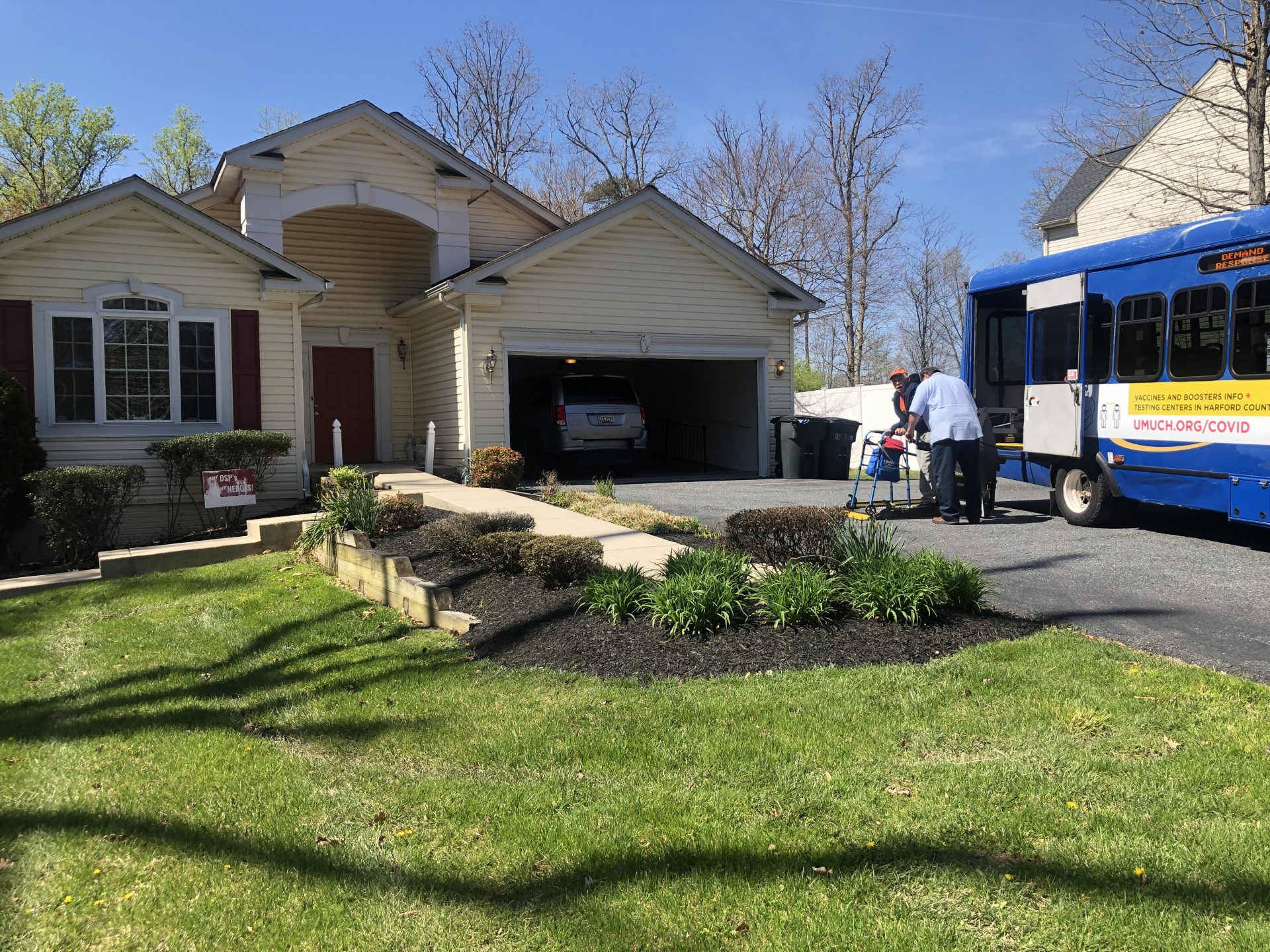
Homebuilding Using Universal Design
Throughout our 40-year history, we have made it a point to try to learn from the individuals we support here at Richcroft. As we strive to truly understand and meet their needs, it sometimes becomes apparent just how much those of us, without mobility impairments, take for granted. Daily activities, such as showering, cooking breakfast, or doing laundry may not be given a second thought. Still, for many individuals with intellectual and/or physical disabilities, these tasks sometimes take a great deal of effort, strength, preparation, and support. This is why when we come across innovations that can dramatically improve the lives of those we serve, we can’t wait to learn more. One of these innovations is universal design and Richcroft proudly incorporates this concept into all of our custom-built homes.
What is Universal Design?
When planning for the construction of homes or buildings, the concept of universal design incorporates elements that will make the environment accessible to the greatest number of people possible. Universal design takes into account people who are aging in place, those with disabilities, and many other mobility considerations and factors.
When custom home environments are built using universal design, many factors are taken into consideration. Examples include:
- Ground-level entrances without stairs
- Floor surfaces that are smooth and slip-resistant
- Wide interior doors, hallways, and alcoves
- Low or no-threshold showers
- Lever handles for opening doors rather than twisting knobs
- Components that require less than 5 pounds of force to operate
- Light switches with large flat panels rather than small toggle switches
- Bright appropriate lighting
Universal design considerations are an important part of all aspects of living and daily routines and Richcroft incorporates universal design concepts into all of our homes, even the more traditional ones, with renovations or modifications to bathrooms, entryways, hallways, etc, and with simple modifications such as additional handrails, replacing doorknobs, and light switches. We take pride in the accessibility of our homes and strive to make sure that the individuals we support are living as comfortably as possible.
When an individual comes to us in search of residential support, we take a number of steps to figure out the best options for them and, in some cases, their caregiver. We want to find out what they need in terms of accessibility and daily living needs. For example, do they prefer living with others in a group home or would they prefer to live independently? Do they need ramps in their home or even wider doorways? What type of flooring would better suit them in their bedroom – carpet or hardwood? These kinds of questions enable us to find the best housing solution for our individuals and allow us to direct those that need a house with universal design, to the right home.
And that’s what our goal here is at Richcroft — providing not just a space for living, but a place our supported individuals can call home. We want to be able to provide the kind of environment that people look forward to living in and feel comfortable enough to stay, or even raise their voices when something needs adjusting. Universal design may not be a revolutionary concept but it certainly is a practical one that helps us to re-think what we can do to help those with different abilities live better lives.
If you or a loved one could benefit from a home with Universal Design, reach out to us today to see how we can help.
